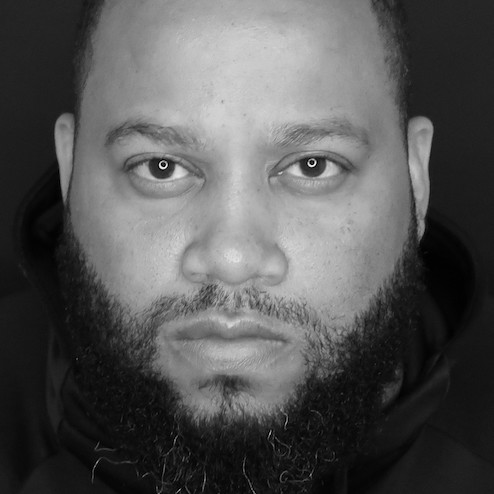Marcus Carey (Twitter, LinkedIn) is a hacker. He is also the founder and CEO of Threatcare, and – ironically enough – he actually grew up in Texas with very little access to technology. But that changed when he joined the Navy and went into cryptology. While serving the country, Marcus worked with the most advanced tech in the world. And, when his service time was finished, he stayed in the field working in various government agencies for a number of years.
At Threatcare, Marcus applies the lessons he’s learned along the way to help his customers secure their data and test their cybersecurity. In a recent interview, he and IT Visionaries host Ian Faison talked about creating automated technology, and finding your superpower.
One of the biggest things Marcus touched on, though, was what it means to be a white-hat hacker versus a black-hat hacker. The difference, it turns out, is the intention, not skill.
So what is the difference between black-hat hackers and white-hat hackers?
The term hacker isn’t always positive. But there are two different kinds of hackers, “white-hats” and “black-hats”. The white-hat hackers’ mentality is built from a curiosity that brews from wanting to know why everything works. Marcus says that Leonardo Da Vinci was a great example of a white-hat hacker, and that you don’t have to necessarily be a white-hat computer hacker – the term applies to curiosity that manifests in different forms.
When you apply the white-hat hacker mentality to life – or computers – you’re ultimately helping to fix things. A white-hat will always want to fix a problem, whereas a black-hat will try to use vulnerabilities against others.
White-hats find a weakness in a process, people, or technology – and then try to improve all those things. Black-hats try to exploit those weaknesses.
It’s the same skillset, but used in a different way.
The question becomes: why become a black-hat hacker, and what is at stake in the black-hat hacker environment?
Hackers are often hackers because it’s their best –or only– opportunity. Many hackers in China, for example, do not have access to jobs or opportunities that would pay them well enough to survive. So they become hackers, which allows them to put food on their table.
Even though Marcus grew up with little opportunity, he was able to work his way out of a bad situation. Since then, he has always wanted to use his curiosity for good.
“I grew up the poorest person I knew,” Marcus says. But ultimately, his white-hat hacker mentality led to his path into the armed services, and then into the intelligence community. ““I want to be creative and find a better way to solve a problem that exists in the world.”
So yes, Marcus is a hacker, but a white-hat hacker. Because he chose to improve the world around him, others have benefitted from his skills. And now, he hopes to help lead others toward the white-hat life, as well.
To hear the full interview, click here.



